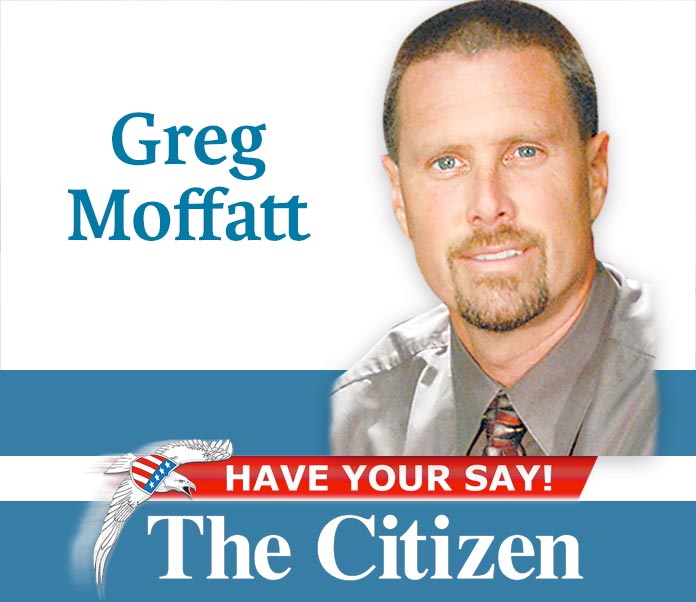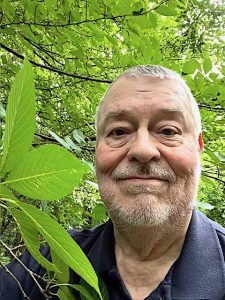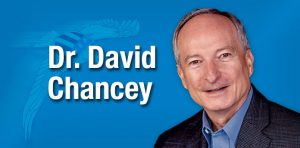I can’t count all of the media requests I’ve gotten in the past three months regarding the pandemic. Nearly all of them are asking the same question. What do we do to protect our mental health in this pandemic environment? There isn’t a single answer to that question, but there is one that comes close. Turn off the television.
In most of my comments to reporters and others asking this question, I’ve addressed something from social psychology called the “scary world phenomenon.”
This principle states that we tend to develop an image of the world as a scary place because we hear so much in the media about bad things that happen.
Several years ago, a friend from India came to visit me. I picked him up from the airport in Atlanta and drove the 45 minutes to my rural home in the middle of nowhere. He was very quiet most of the way, but as we neared my home on that dark and moonless summer night he said, “I expected to see lots of muggers.”
His only image of the United States was the New York City he had seen in movies and the bad things he had heard about on the news. He supposed the entire country was paved and that muggers stood on every street corner.
Along the same theme, for months after 9/11 most of the children in my private practice exhibited some level of fear of being killed by terrorists. This came as no surprise since there was 24/7 coverage of plane crashes, buildings collapsing, and faces of terrorists on the news.
And this same scary world phenomenon applies to us. I have friends living both in Iraq and Afghanistan. They’ve invited me numerous times to visit and they have assured me that it is quite safe. Still, it is hard to believe them when the only images most Americans get of these two countries involve terrorism and beheadings. It is hard for us, like my Indian friend, to imagine average people in those regions going to work, visiting friends, shopping, and doing the normal business of life.
My daughter lives in Australia. On my first visit there I expected to see man-eating crocodiles, deadly snakes, and venomous spiders — all things for which Australia is widely known. But during a lesson I attended at a wildlife park, the docent informed us that the deadliest creature in Australia is — ready for this? — the horse.
More people die in Australia every year from accidents involving horses than any other creature. The media presents a very different image of Australia.
On any given day at any given time you could turn on the news and hear an expert talking about all the bad things that “might” happen. The economy might get worse. The pandemic might resurge. Many more people might die.
But nearly every doomsday prediction that has been made up to this point has turned out to be wrong and I suspect the current predictions of disaster are also likely to be wrong. While it isn’t very exciting news, wouldn’t it be nice to hear speculations of what might go well?
Maybe this virus will become history just like all the other viruses we have faced. Maybe the economy will recover quickly. Maybe in our very near future we can go to the grocery store without a mask and there will be toilet paper on the shelves. Maybe in the near future we will hear the sounds of children on school playgrounds, people will be taking cruises and vacations, and churches will be open for normal operation.
There is no doubt that bad things happen. People die, storms rage, and terrorism exists. But we take measured risks every day. Driving a car is one of the most dangerous behaviors most of us engage in, yet we do this without thinking. Nobody would deny that people die in car accidents, but this doesn’t stop us from doing the business of life.
We don’t put our seatbelts on in fear that we will die. We put them on because it is sensible. No reasonable person installs a roll cage, a three-point harness, and wears a fireproof suit and crash helmet to go to the store. Yet this is the equivalent of our response to the pandemic.
Measured precaution is the key to managing this pandemic. The world is not that scary of a place. Turn off the TV.
[Gregory K. Moffatt, Ph.D., is a college professor, published author, licensed counselor, certified professional counselor supervisor, newspaper columnist and public speaker. His website is gregmoffatt.com.]












Leave a Comment
You must be logged in to post a comment.